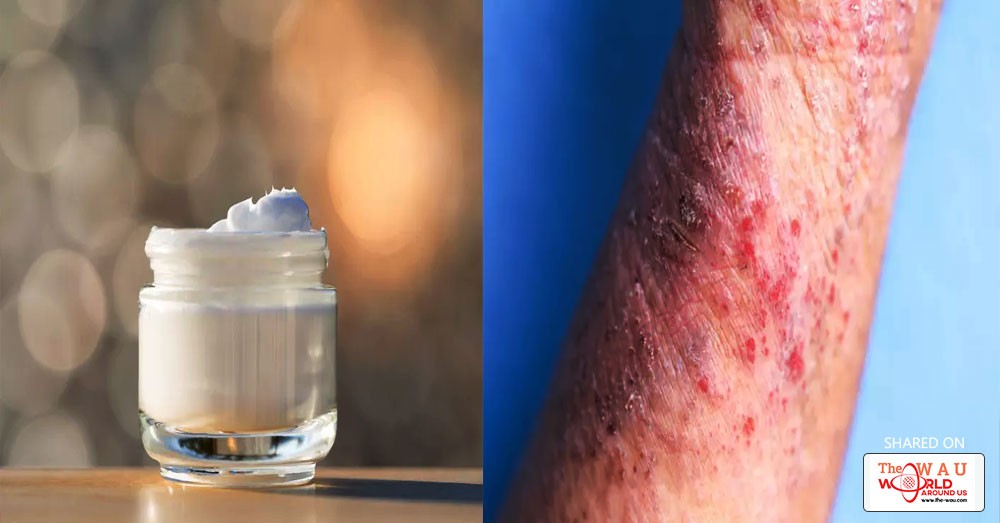No, it isn't contagious, in case you were wondering. Eczema is a sensitivity disease between the skin, immune system, and environment, says Dr. Dawn Davis, dermatologist at the Mayo Clinic in Rochester, MN. "There's an immune overstimulation which causes inflammation and breaks the skin's barriers down, so you get red, irritated, itchy skin," Davis says. Eczema can be an uncomfortable and painful condition skin can crack and weep or become infected.
There are eight different types of eczema and it can range from mild to severe or affect various parts of the body. The most common type, atopic dermatitis, is more common in families with other allergic conditions, such as allergies and asthma. Some people have had eczema since they were babies; others don't develop it until later in life. The cause of eczema is unknown, but there are certain things that can cause it to flare-up or get worse. "Common triggers include very dry environments, hot and humid environments or sweating, irritants like chemicals or friction on the skin, and when the body is put under medical or psychological stress," says Davis.
So we asked the BuzzFeed Community and Dr. Davis to tell us about their favorite ways to manage eczema, soothe dry and itchy skin, and make flare-ups a little less annoying.

First, you need to see a dermatologist to make sure you actually have eczema. You may also need an allergy test to find out if the eczema is a reaction to certain chemicals or ingredients. And you may need additional allergy tests in the future, Davis says, because you can become sensitized to ingredients (even compounds in your prescription creams) and develop a new allergy over time.
Many people with eczema will rely on prescription treatments or creams from their dermatologist (those aren't on this list) to reduce symptoms. However, making certain lifestyle changes is a big part of managing eczema, too — such as choosing eczema-friendly products and adopting certain bathing and skin care habits. That's why we spoke to both a dermatologist and also people who have eczema, because the latter can be a great resource for products and tips to use in your daily life.
Every person is different so what may help one person might not work for another, but we hope these tips are a good place to start. Treating eczema is a lot of trial and error, so always stop using something if it's bothering your skin. Always talk to your dermatologist before starting a new treatment regimen or if you have any questions about treating your eczema.
All the products included in this list have the National Eczema Association's seal of acceptance unless noted otherwise.
1. When choosing products, use this mantra: the fewer ingredients, the better.
"The less ingredients, the better. And don't be fooled by the 'all natural' label, because there are there are plenty of irritants in nature, such as poison ivy," Davis says.
2. Go for "fragrance-free" instead of "unscented," because unscented products may actually still contain fragrances.
"People often think unscented has less chemicals, but sometimes it just means they added a 'masking fragrance' in addition to all the other scents so you can wind up getting more chemicals — look for 'fragrance free' instead," Davis says.
"I've found that washing with fragrance-free soap, and moisturizing with fragrance free lotion and/or ointment does help in managing and preventing flare-ups. Aveeno works best for me. Avoid fragrances at all costs!"
...[ Continue to next page ]
Share This Post












